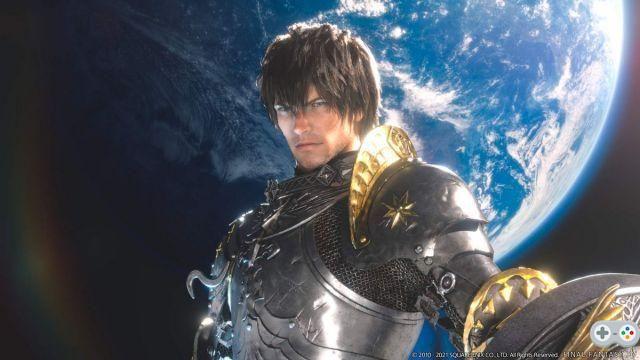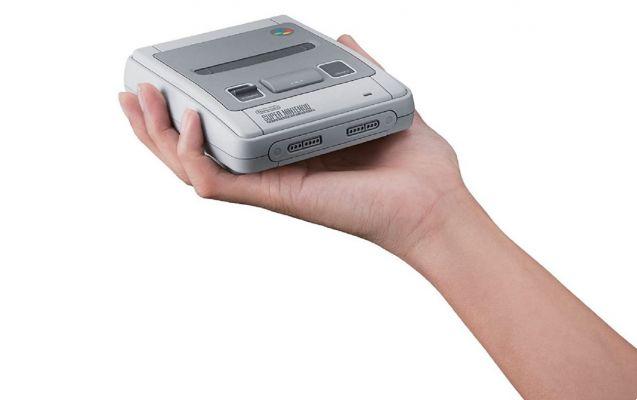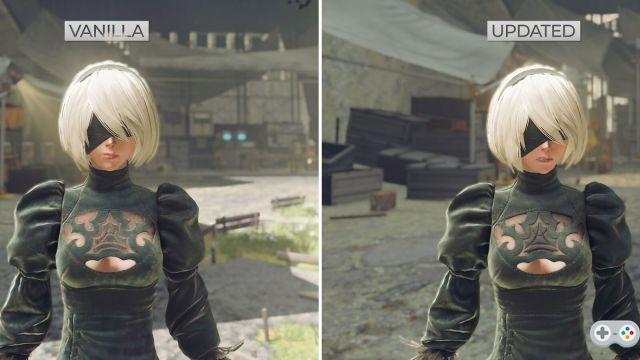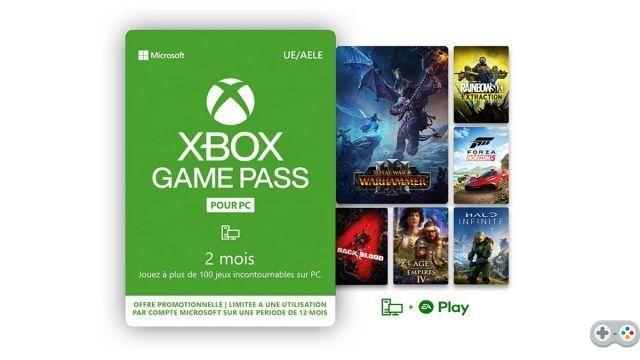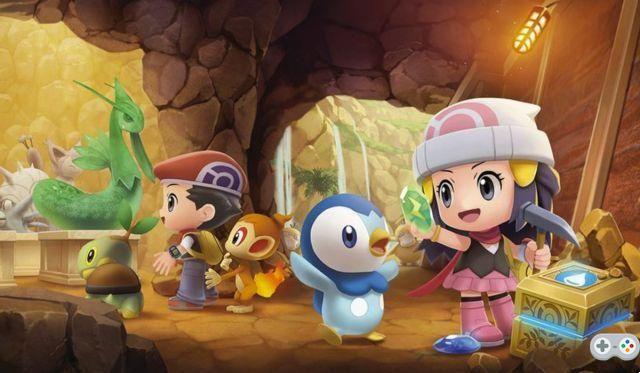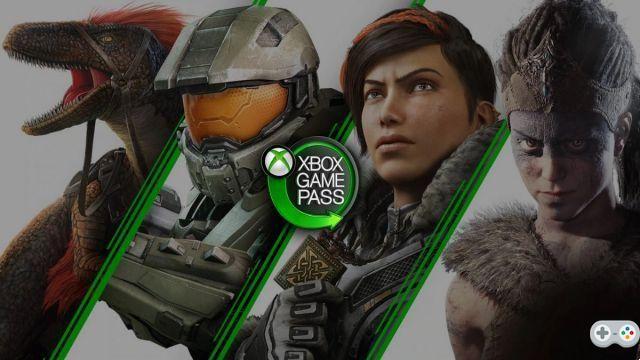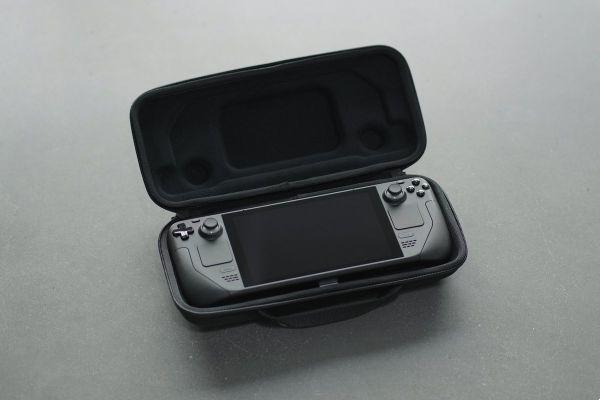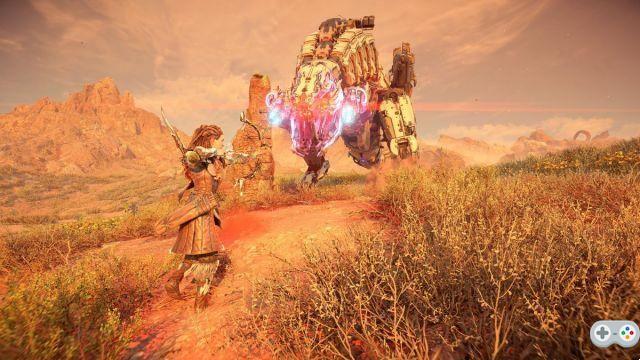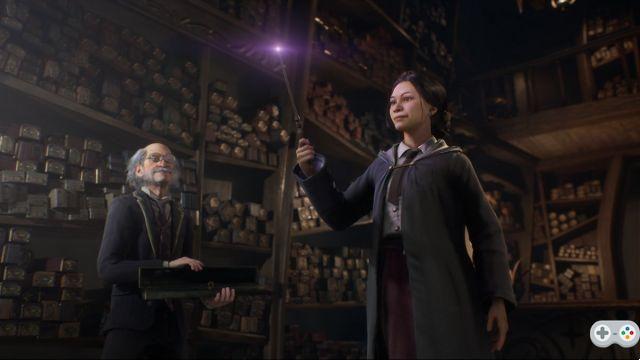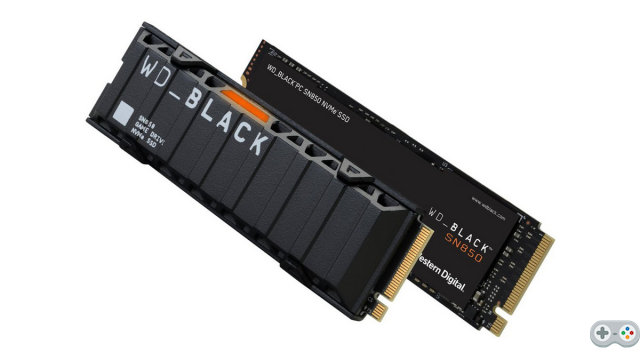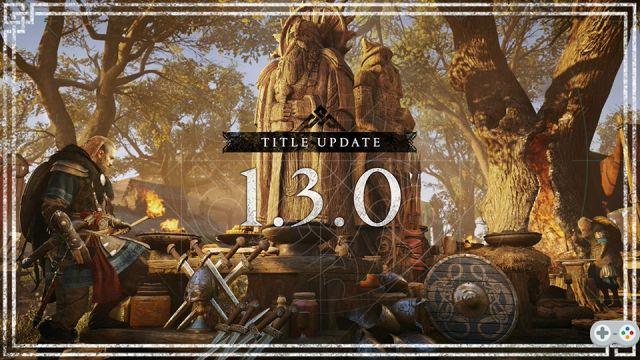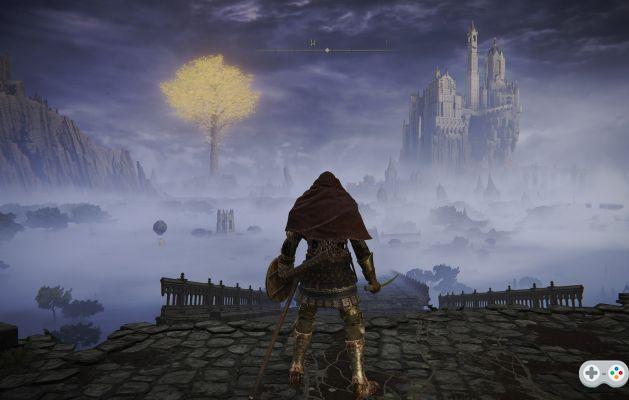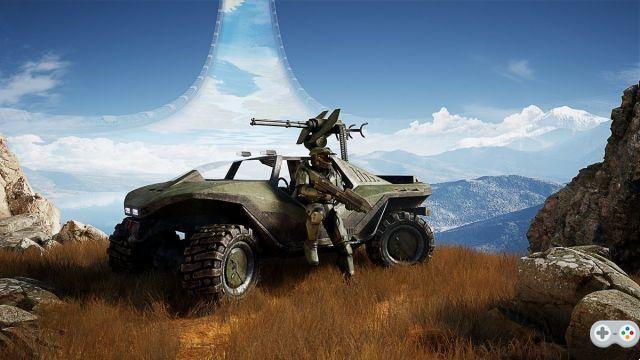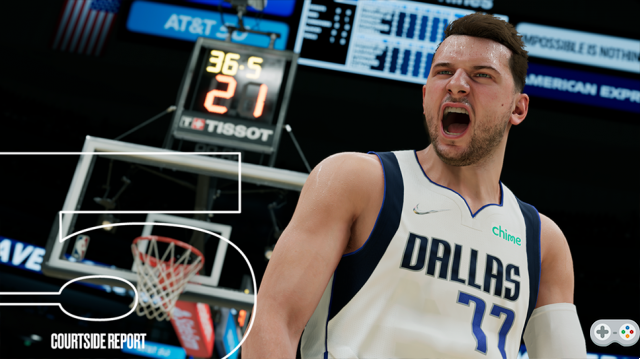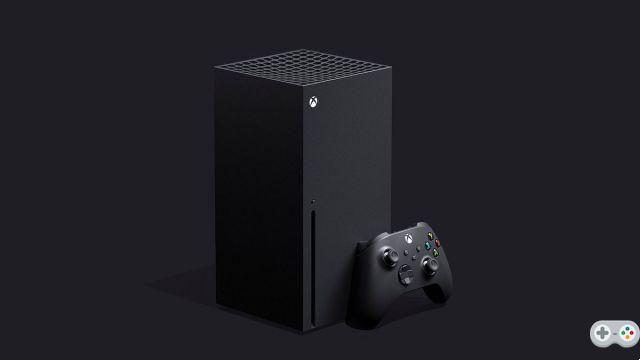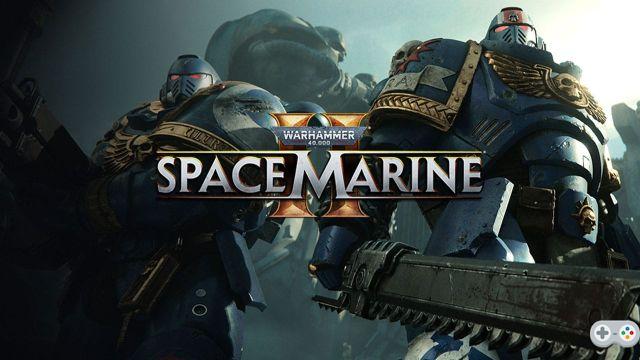
If it is not as impressive as the takeover of Activision Blizzard by Microsoft, takeover of Bungie by PlayStation turns out to be far from trivial.
It is even a strategic operation carefully thought out by Sony with numerous implications and certain potential.
Sony and Bungie: a long-standing relationship
Announced yesterday evening, the takeover by PlayStation of the undeniably talented studio for console FPS against the handsome sum of 3,6 billion dollars had its small effect. For the record, remember that Bungie was attached to Microsoft from 2000 to 2007, at the time of the legendary Halo series, before flying on its own to create Destiny.
This independence did not last long, since Bungie joined forces with Activision in 2010. A relationship that ended very badly in 2019, two years after Destiny 2. Following a long battle of attrition, the cord is cut between the two studios and Bungie briefly regained its independence.
Fate is something quite capricious, since Activision is now owned by Microsoft and Bungie is now part of PlayStation studios. Since its separation from Microsoft, the studio has indeed had a long-standing relationship with the Japanese giant. The main reason being that the Destiny franchise is much more popular on Sony consoles than on Microsoft or PC.
Now, this long distance relationship is formalized and set in stone, while Bungie and PlayStation will, until further notice, work hand in hand. However, one can legitimately ask the question: if Bungie values its freedom so much, why agree to be bought by Sony?
Bungie will keep its creative independence
The answer may be found in the statement made by studio president Pete Parsons during last night's announcement. He has indeed indicated that being part of the PlayStation group will in no way affect his creative freedom: Bungie will be able to develop his games independently and on the platforms of his choice.
Of course, this is not without interest for Sony either: the income resulting from the creations of Bungie, whatever the platforms, will come to feed the accounts of the parent company. On the other hand, it will offer more firepower and resources to Bungie to employ more skilled labor and be more ambitious in its projects.
With all these aspects in mind, it seems even clearer that this takeover makes sense for both parties involved. But beyond these short and medium term implications, this operation on the part of PlayStation serves far more strategic and visionary goals.
Live-service at the heart of the takeover
PlayStation exclusives have always been intertwined with great single-player games, and the action-adventure genre in particular. Just look at the pantheon of the genre to be convinced: God of War, The Last of Us and Horizon. For multiplayer games, PlayStation has generally had to rely on cross-platform titles like Call of Duty or even… Destiny 2.
Now that Bungie has joined the fold of the Japanese giant, it could finally fully turn its gaze towards multiplayer games, and more particularly live-service. And who better to develop in this market than one of the main players in the field?
Bungie definitely has experience, with no less than eight years in the field thanks to Destiny. Admittedly, the path to get there has had ups and downs, but the studio has always stayed on course and its new franchise is still a live-service model that is paying off, in more ways than one. .
Instead of working on the development of live-service titles alone for too many years, PlayStation intends to take advantage of Bungie's great expertise in order to drastically accelerate the pace in this market. According to Jim Ryan, president of PlayStation, the brand indeed intends to establish itself aggressively in this branch, and what Bungie brings to the negotiating table is more than welcome in this context.
Brand identity change operation
Beyond the live-service aspect, Jim Ryan also indicated that this acquisition could be beneficial to the group in order to develop a more open vision of the brand. Microsoft's takeover of Activision Blizzard certainly put a huge kick in the anthill and made PlayStation realize that settling for excellent exclusives may soon no longer be a viable option.
We had already seen the beginnings of this new vision for the PlayStation brand with the release on PC of historical exclusives such as Horizon Zero Dawn, Days Gone, or more recently God of War. The takeover of Bungie is another strong sign towards this new policy, in particular through the creative freedom that the studio retains fully, especially in the choice of platforms.
In the future, it could therefore be that studios under the PlayStation umbrella begin to develop cross-platform titles, but whose income will still end up being repatriated to the parent company, even if they are not played. on Sony consoles. Jim Ryan also indicated that the takeover of Bungie was only the first of a long series falling within this new vision of the brand.
The ball is therefore in PlayStation's court to block the acquisition of atomic proportions of Activision Blizzard by Microsoft, and we are curious to see which other studios will join the a priori growing family of this iconic video game brand.







